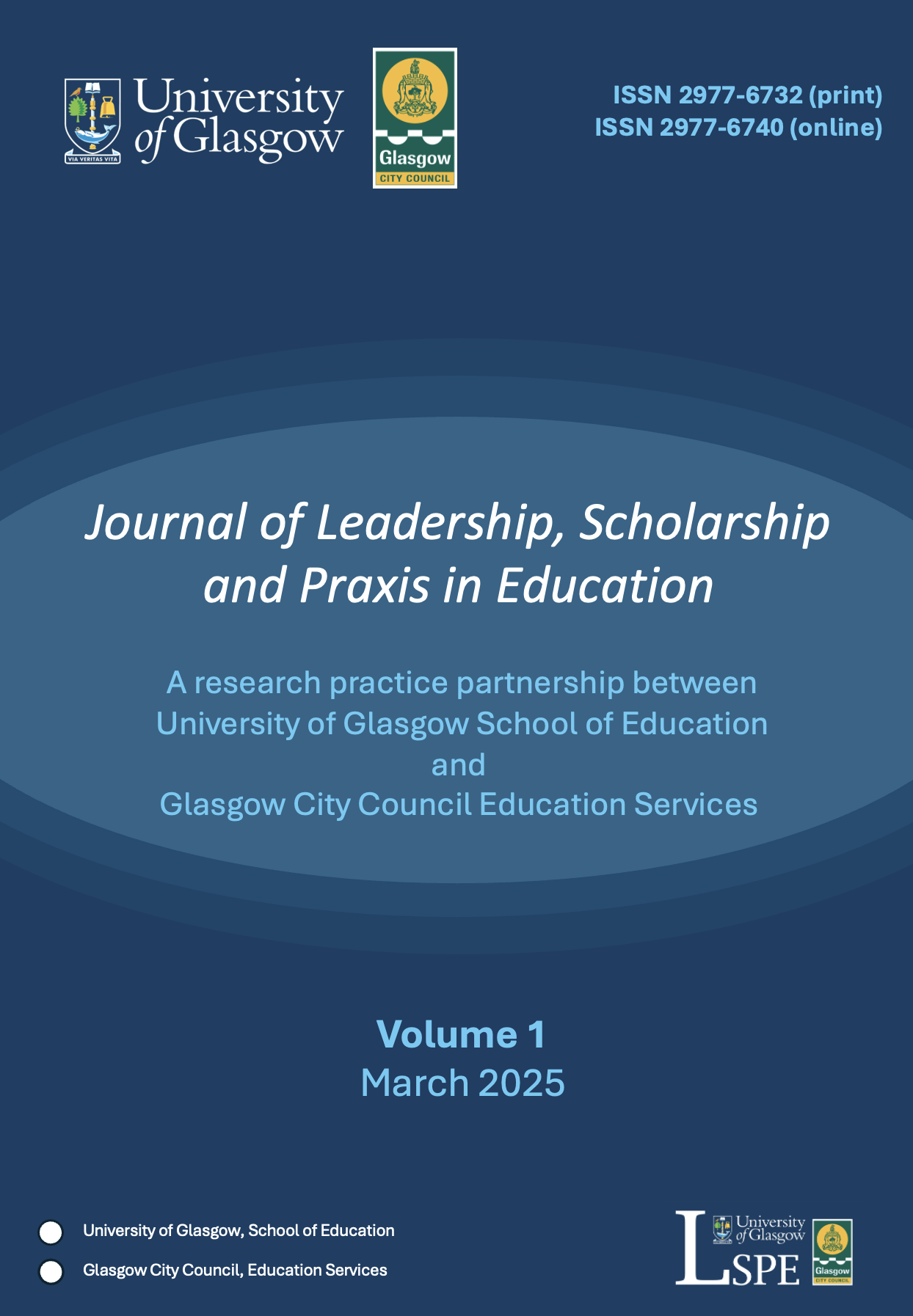Wellbeing and Learning Post-Pandemic: Amplifying the Voices of Early Secondary School Students
DOI:
https://doi.org/10.36399/x3yhzq16Keywords:
wellbeing and learning, learner voice, learner experience, COVID-19 pandemic, post-pandemicAbstract
Education systems have had to rethink their approach in terms of wellbeing and learning particularly in response to the COVID-19 pandemic and the numerous crises being faced across the world. Learner voice has to be woven through all levels of policy in order to understand the experience of young people, during and since the pandemic. Post-Covid, there is a need for educational reform to articulate the direct link between wellbeing and learner progress and to debate the questions of how we assess learner progress. This journal article draws on a small empirical study of learners, conducted by a headteacher researcher in June 2023, to explore participants’ experiences of learning in their first two years directly following school closures. The paper draws on literature from the original study, completed in 2023 and literature published since. It aims to highlight the voice of the learners as being crucial to research on wellbeing and learning and to amplify the influence of learner voice on further research and policy making.
The research findings demonstrate that, immediately following the pandemic, young people had a heightened awareness of their own wellbeing and the support that they require. This paper challenges educators to consider how the change in young people’s engagement with this aspect of their learning might be used to influence educational reform. The study also highlights the importance of privileging the learner experience with practices that encourage safe articulation of complex feelings.
In terms of learning, the findings suggest that there needs to be a deeper consideration of how and what young people learn, what motivates them to learn and how attitudes both to how and what they learn has changed since the pandemic. While the general discourse of curriculum reform in Scotland is asserted to be in line with the views of the young people, there is a dearth of evidence of young people’s voice influencing policy change at all levels.





